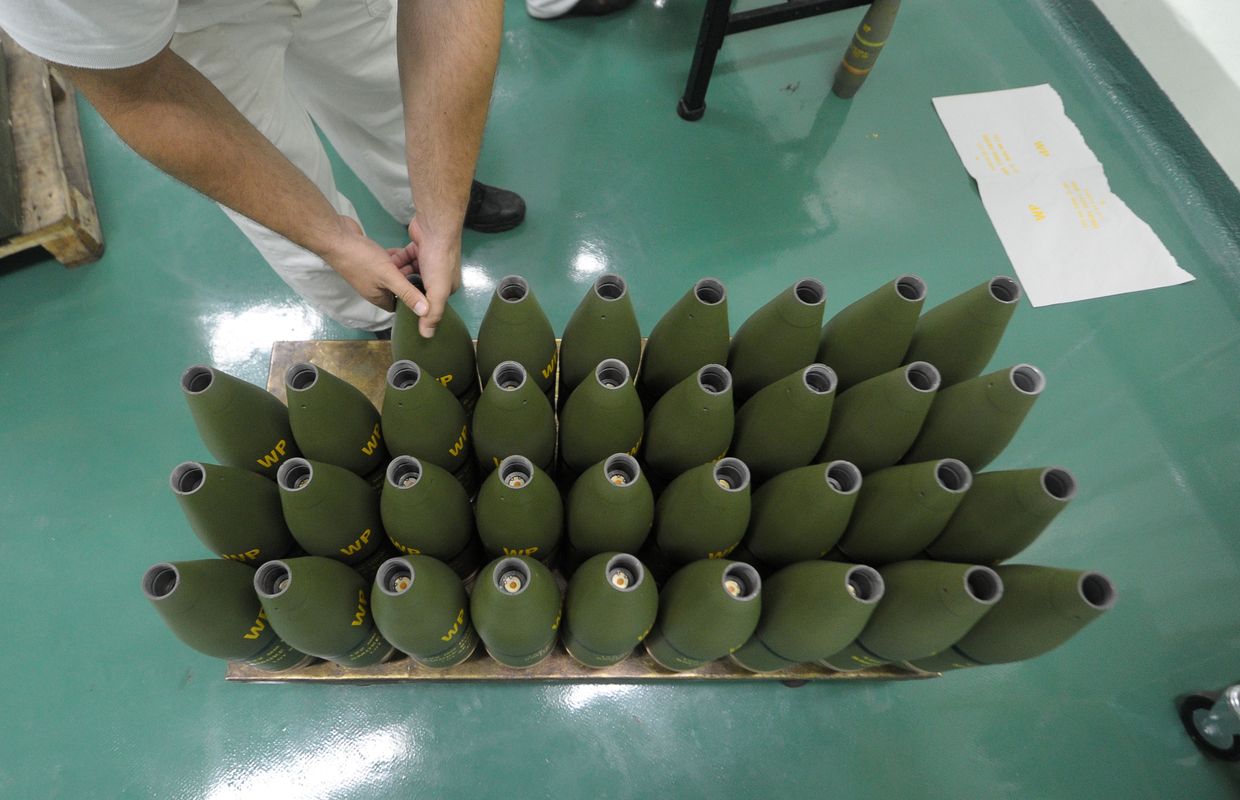The founders of the popular parenting platform Big Little Feelings — moms and real-life best friends Kristin Gallant, a parenting coach with a background in maternal and child education, and Deena Margolin, a child therapist specializing in interpersonal neurobiology — are back with more parenting wisdom in Yahoo’s new column called After After Bedtime, a companion to their podcast, After Bedtime With Big Little Feelings. In the second episode of their show, Gallant and Margolin dive into toddler tantrums — those challenging (and, let’s be honest, mortifying) moments that can really test your patience and leave you feeling frustrated and judged by everyone around you. Here, Gallant shares five tips on how to calmly navigate a tantrum.
It always seems to happen at the worst possible time.
You're at Target. Or at the park. Or boarding a plane. And just as you're trying to get out the door, check out with your cart full of stuff or line up at the gate, you feel it coming. The whining and the screaming, followed by the full-body flop to the ground. Your toddler is officially having a moment. And you're officially dying inside.
For me, that's the moment the shame voice kicks in: You're doing it wrong. No one else’s kid acts like this. Look around — everyone’s staring. They’re judging you. Good moms don’t have kids who scream in public.
That voice? It’s a liar.
Here's what’s actually true: Your child’s tantrum is not a reflection of your failure. It’s a reflection of their developing brain doing exactly what it’s wired to do. Let’s break that down, along with tips on how to handle a toddler meltdown.
The toddler brain is still ‘under construction’
Toddlers live in what’s called the “emotional brain,” aka the limbic system. The rational, logical part of the brain that helps regulate big feelings (the prefrontal cortex) is still in development. Like, years away from being online. That means toddlers physically cannot handle overwhelming emotions in a calm, measured way because the part of the brain that would help them do that isn’t built yet.
So when your child loses it over a broken granola bar or the wrong color cup, it’s not them being “bad.” It’s their brain being immature and developing exactly on track.
Your child’s tantrum is not a reflection of your failure.
But what about how mortifying public tantrums can be?
You’re not just dealing with a dysregulated kid, you’re also dealing with every set of eyes in the grocery store or at the playground on you. The shame. The heat on your face. The desperate urge to make it stop.
Let me say this as clearly as possible: You are not a bad parent because your child is struggling. You are not a failure because your child is having a hard time in public. It’s actually the most human parenting moment there is.
So, what can you do in the moment?
Here’s a quick survival-mode guide to get through it:
Regulate yourself first: Your child’s brain is on fire. If yours catches fire too, it’s just two brains in a blaze. Instead, take a deep breath. Literally. Ground yourself in the moment. You’re not in danger, you’re just in aisle 7.
Forget the audience: The people staring? They’ve either a) never had a toddler or b) have had one and have just forgotten. Your job is not to manage their discomfort, it’s to support your child through theirs.
Get low and stay calm: Kneel down to your child’s level. Speak softly. Your calm is contagious, even if it takes time for it to spread.
Skip the lecture: This isn’t a teachable moment; it’s a survival one. Let the storm pass. You can talk later when everyone has calmed down and is back in their body.
Have a go-to phrase: Something like: “You’re having a hard time. I’m right here with you.” It grounds both of you in connection, and that’s what helps tantrums pass faster.
Bottom line
Public tantrums feel like the worst moment of parenting. But they’re actually one of the most important ones. Because when we stay present, calm and connected, even in the chaos, we teach our kids that big feelings aren’t dangerous and that they’re not alone in their hardest moments. And that their emotions are safe with us. That’s not a parenting failure. That’s parenting at its finest.
.png)
 German (DE)
German (DE)  English (US)
English (US)  Spanish (ES)
Spanish (ES)  French (FR)
French (FR)  Hindi (IN)
Hindi (IN)  Italian (IT)
Italian (IT)  Russian (RU)
Russian (RU) 


Comments